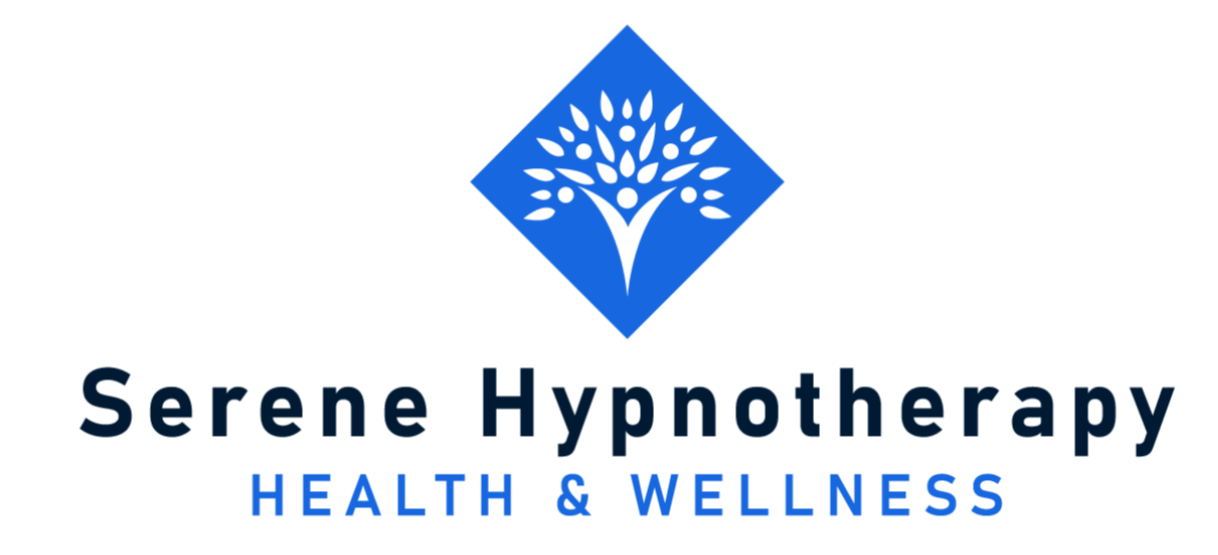403-498-8884
Unlock the Secrets to a Happier, Healthier You
Discover Our Latest Blog Posts!

Ice-Cold Water Technique: Break Free from Anxiety with Andrew Huberman's Method
" You have control over your body, and you have control over your mind. Use them wisely to combat stress and live a more peaceful life." - Andrew Huberman
The Ice-Cold Water Technique: Your Anxiety Buster
In the bustling rhythm of modern life, anxiety has become an unwelcome companion for many of us. Whether you're a student facing the onslaught of exams or a working professional grappling with deadlines, the impact of anxiety can be profound and, sometimes, debilitating. But what if you could overcome this daunting adversary quickly and efficiently?
In this blog post, we'll explore a groundbreaking technique recommended by Andrew Huberman, a neuroscientist renowned for his brain function and plasticity research. Plus, we'll share a personal anecdote to illustrate this method's effectiveness.
Splashing Anxiety Away with Ice-Cold Water
You might not think that something as simple as water could profoundly affect your mental state. Still, according to Andrew Huberman, that's precisely the case. You activate the ' diving reflex ' by splashing your face with ice-cold water or taking a brisk shower. This reflex, common to all mammals, triggers an automatic response that calms the body, slowing the heart rate and redirecting blood flow to your brain's rational center.
Huberman explains, "When you put cold water on your face or do these double inhales...it immediately reduces anxiety levels." His advice is more than just a scientist's hunch—it's backed by rigorous research into how our bodies can influence our brain's reaction to stress.
Deep Breathing for Deep Relief
Alongside the cold-water trick, Huberman suggests a breathing exercise: double inhales followed by a long exhale. This technique can further reduce anxiety by exploiting natural bodily processes. Each double inhale expands the lungs and, possibly, signals to the body that it's time to relax and enter a state of alert calmness.
Try it now. Take a breath in, and then another quick inhale before exhaling slowly. This simple act has profound implications on our nervous system, helping to quickly subdue the creeping feelings of anxiety.
A Personal Turn of The Tide
Allow me to share my own encounter with the grips of anxiety:
I vividly remember a particularly stressful period just before going on stage to present a talk on body language influence to a group of 300 attendees. Everything was fine until I was told there was a problem with the projector and that I would not have any visual aids for my presentation. My slides include videos vital to the overall message and audience experience. In addition, the event coordinator asked if I could include a section on deception detection, which was not part of the prepared talk. Now, I not only had to eliminate content to make room for the newly requested topic, but without videos, I had to shift to include a series of live demonstrations and exercises. The more I thought about what needed to be done, the more elevated my anxiety climbed by the second. To make matters worse, I was on in 30 minutes.
Then I remember a podcast featuring Andrew Huberman, who shared valuable insights on managing stress and anxiety.
Intrigued, I decided to get a bag of ice from the green room and brought it to the washroom. After filling the sink with water and dumping the ice into the mix, I submerged my face in the ice-cold water for 5 seconds, lifted my head and followed up with a series of deep double inhales. To my surprise, I immediately felt a sense of calm, focus and clarity, which reset my racing mind and slowed down my negative and catastrophizing internal dialogue. Today, this simple yet effective technique has become a part of my morning ritual.
Imagine a technique so straightforward yet powerful enough to break the cycle of anxiety—available to anyone, at any time.
Injecting Science into Your Stress Relief Routine
Consistency is key to harnessing the full potential of these strategies. Making the ice-cold technique and breathing exercises a part of your daily routine can enhance their effectiveness. Remember, while these techniques are science-backed, if your anxiety is overwhelming or persistent, it's important to seek professional help.
It's time we take advantage of the body's natural mechanisms to combat anxiety. Try incorporating these tips into your life and feel the grip of anxiety loosen as you go about your daily tasks with renewed vigor and a clearer mind.
Anxiety doesn't have to be a perpetual shadow over your day-to-day life. With tools like the ice-cold water technique and double inhales, you can challenge and subdue it quickly and naturally.
Now, it's your turn to attempt the ice-cold plunge, breathe deeply, and take control back from anxiety. Your mind (and body) will thank you.

